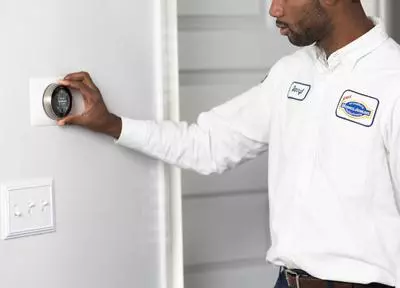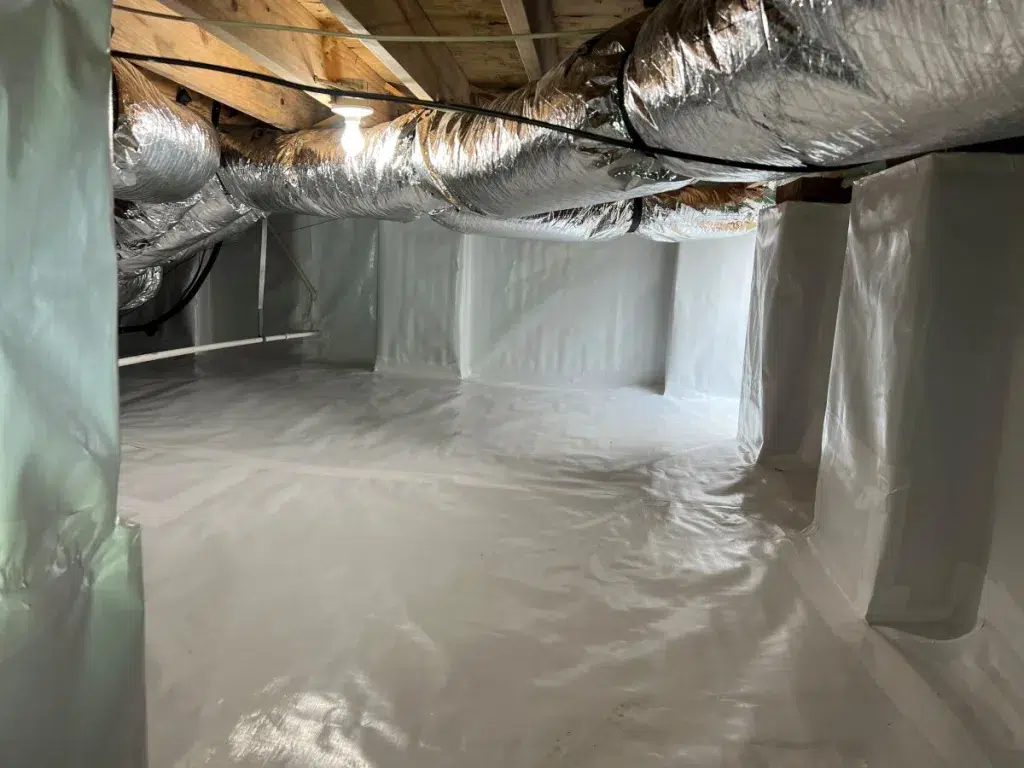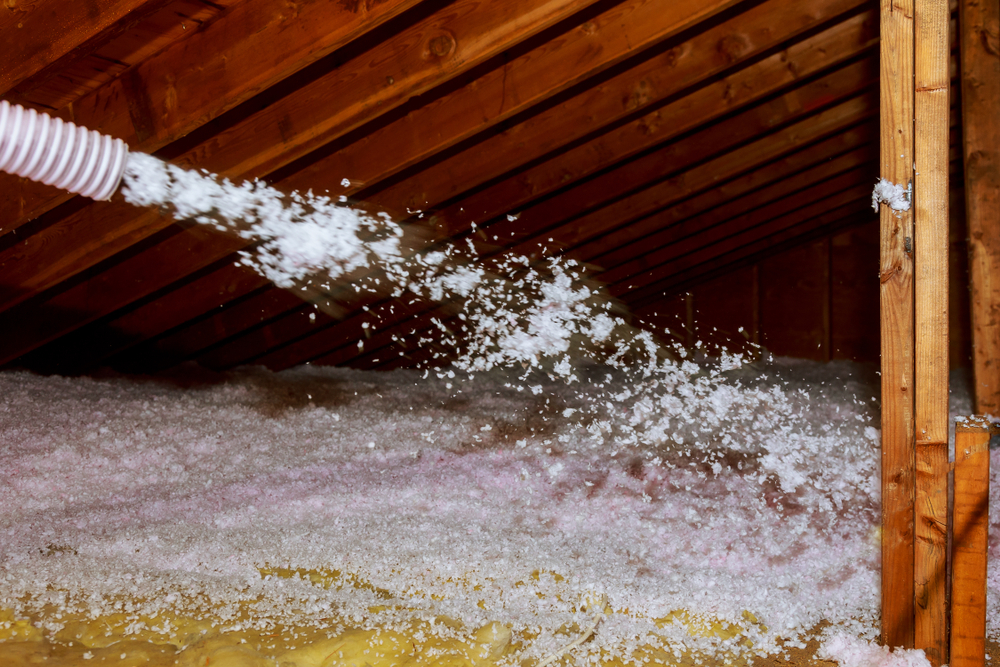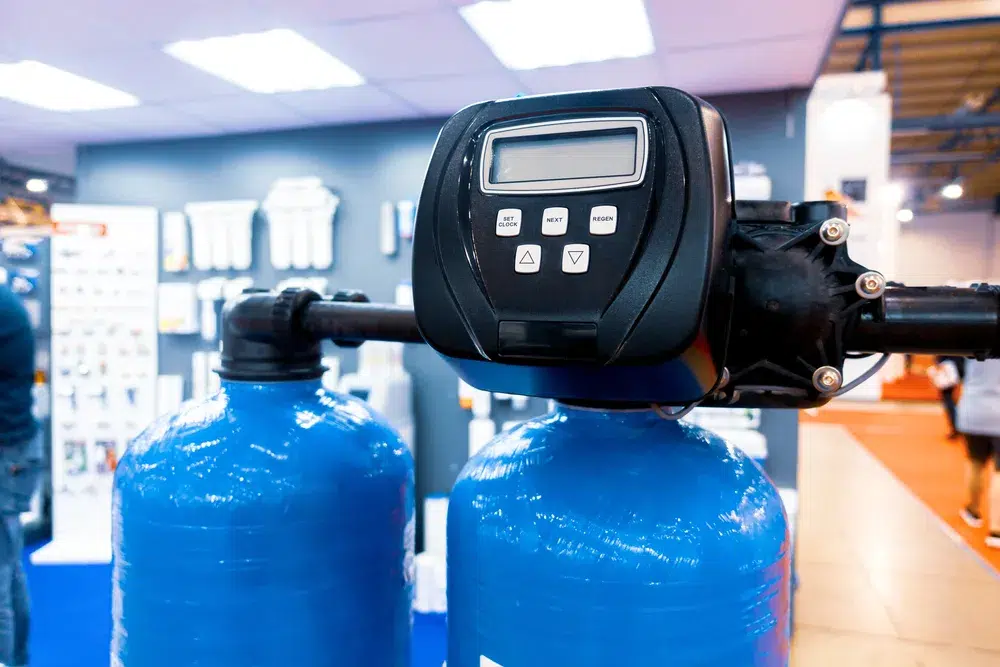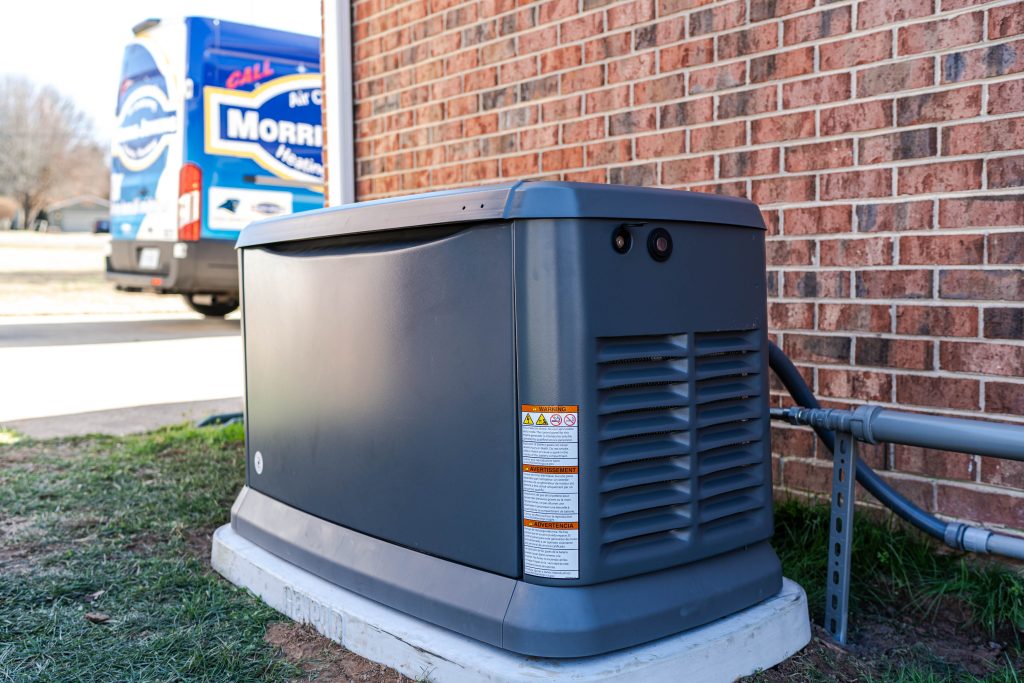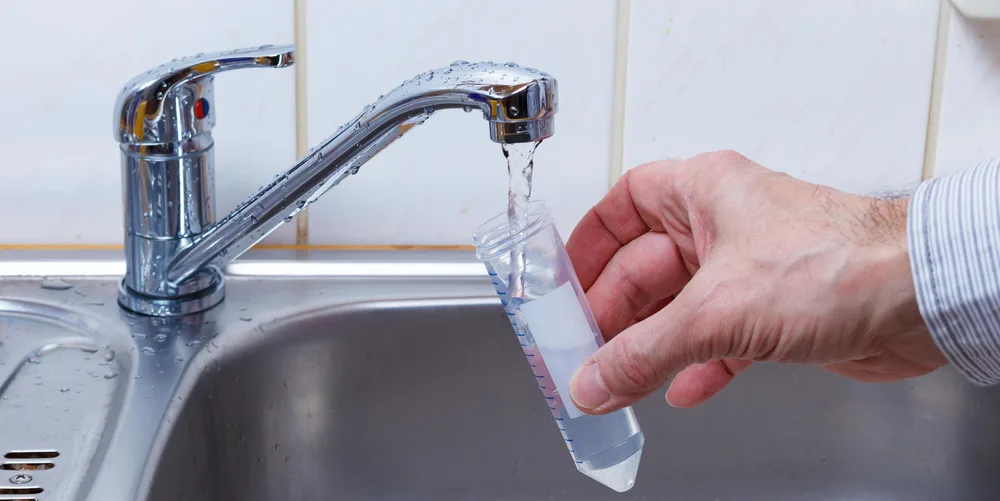Does it seem like one of the rooms in your house is never the right temperature?
Does your bedroom always seem hot and stuffy, or maybe your kid talks about how freezing cold their room always is (but the rest of the house seems fine)?
There are several good explanations for this common problem of hot/cold spots in the house, ranging from something as simple as closed or blocked air vents to an over or undersized unit. We’re gonna cover some possible causes that you can fix on your own, as well as some things best left to the professionals.
Things You Can Do Yourself
There’s no guarantee that these things will fix your problem if you have one room that’s hotter or colder than the rest, but they’re a great starting place! Sometimes, the problem really does have a simple solution.
It’s not unusual to have one room that’s hot or cold, but fortunately, that means we have a lot of experience with this!
Are Your Filters Dirty?
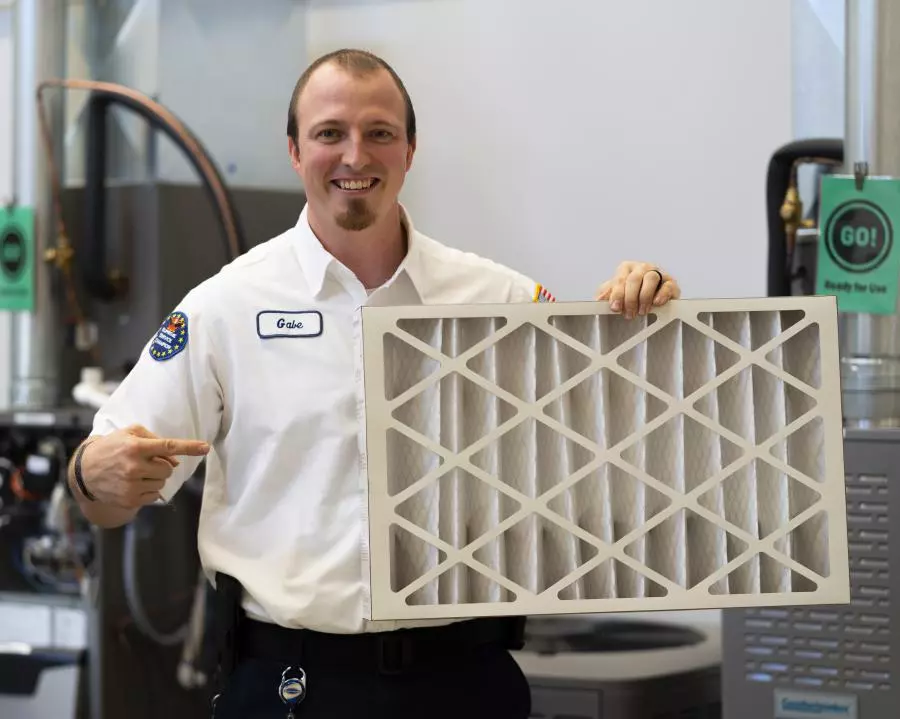
When was the last time you changed out your filters? Do you have the right type of filters? If you’re not sure how often to change them or what kind is best, check out our blog about filters: Filters 101.
If you’re not positive when you last swapped them out, or you know it’s been a while, we recommend taking a peek at your filters first. If they look dingy and grey, it’s definitely time to put in some new ones.
Bonus: If you’re a Priority Advantage® Member and you have filters on hand, your technician will go ahead and replace your filters for you during your routine maintenance for no additional cost!
Dirty filters can impact the airflow to your unit, making it run less efficiently. This can lead to one room that’s hotter or colder than the others, simply because your unit isn’t keeping up.
Recommended: “Not Sleeping Well? It Might Be the Temperature in Your House”
Do You Keep Any Windows Open?
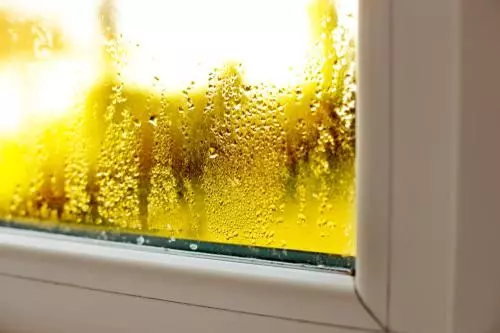
If you have any windows in your home that are open, go ahead and shut them. They’re letting the cooled/heated air out and letting in the outside air. It’s just making things more difficult for your unit to keep up. When you close your windows, make sure you remember to latch them! If you don’t, they can slide open a crack and this can result in a lot of lost air, especially during the winter.
Have you ever noticed moisture on your windows during the winter? A little bit is normal, but excessive condensation on your windows is actually a sign that your windows are losing a lot of heat! The heat leaves and tries to take moisture with it, but the moisture can’t get through the glass, leaving behind that “sweat” you see on the glass. This is an issue you’ll see more commonly with older homes, but it could happen in any house. The best thing to do? Upgrade your windows to help retain heat in your home.
Are Your Supply Air Vents Open and Clear?
Not only is a cooler room a natural way to combat insomnia, but it also provides tons of other health benefits, from improving your mood to fighting heart disease.
Take a walk around your home and check your supply air vents. When you check the vents in the room that’s colder or hotter than the rest, do you notice anything different? You might be surprised to find one or more of them is closed or blocked. If there’s dust build-up, drapes, or furniture in the way of your vents, it can keep them from dispersing air evenly throughout your home. You’ll want to make sure the vents have at least a foot of space clear around them (or more, if possible).
Do You Leave Your Shades Open or Closed?
Shades, blinds, curtains—whatever you use to cover your windows might also help regulate the temperature in your home. During the winter, having your shades open can let heat escape easier. As for the summer, letting the hot sun beat into your windows certainly doesn’t help when you’re struggling to keep things cool. Of course, we understand that you wanna use natural light when you can! This is just one thing you can do to possibly even out temperatures in your home a bit more on the days when it matters most.
Things You Need a Professional For
Sometimes, the DIY methods just don’t cut it and you need to call in the pros. That’s what we’re here for! Fortunately for you, Morris-Jenkins has the highest trained professionals around! Our techs always keep family and safety at the forefront of their minds, and they like to make sure the job is done right the first time. When you call us out, your tech might look for any of the following things to pinpoint your problem.
Air Duct Leak
A leaky air duct is a common reason for unbalanced heating and air in the home. Many houses lose an average of 20-30% of the air in their duct system, simply because of holes, unproperly connected ducts, or other leaks. If your utility bills have been getting higher and you have a hard time keeping your house at a comfortable temperature, this could be the reason.
Slow Fan Speed
If your unit’s blower is set too low for your heating and air needs, one of our professionals can come out and adjust the rpm (revolutions per minute) to something higher to help your unit keep up with your home’s demand. Increasing rpm means you’ll have an increase in air volume.
Kinks in Ductwork
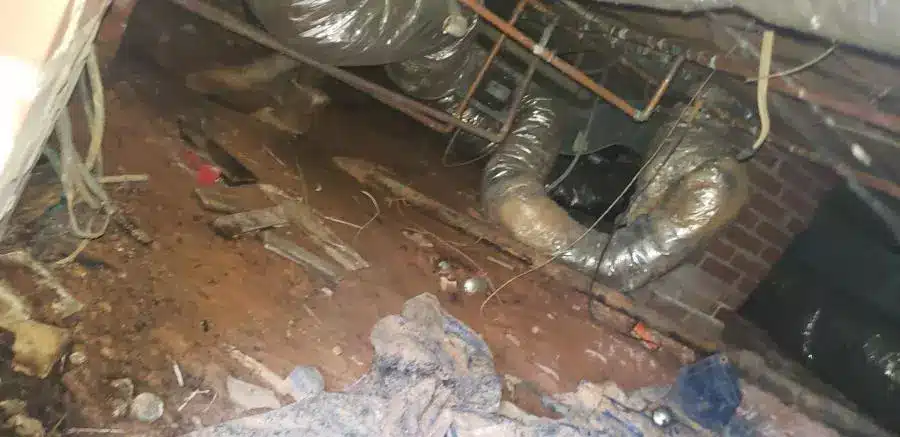
If your ductwork is squished, pinched, or kinked, it’ll struggle to deliver air. Think of it like when you use a hose to wash your car and the hose gets kinked, so water can’t travel through the hose well until it’s released. Or you can imagine it like a drinking straw if you were to pinch it while drinking. Your technician will check for anything unusual with your ductwork to make sure this isn’t the cause. If it is, your Morris-Jenkins tech can adjust the ductwork or repair it as necessary.
Improperly Sized Unit
Bigger isn’t necessarily always better when it comes to your heating and cooling unit. In fact, each home has its own size unit that would work best, and it takes a professional to calculate that. If your unit is too large, it’ll shut off before it’s had a chance to heat or cool every room. If that’s the case, you could use fans around the house to help circulate air. If your unit is too small, it’ll likely never be able to keep up with your heating and cooling demands in the first place. Your only options for fixing that would be to either install a supplemental unit or install a newer, larger (yet appropriately sized) unit.
Related: “Bigger Isn’t Always Better: Which HVAC System Size is Best for You?”
Increase Airflow to Certain Rooms
If one of your rooms isn’t getting enough air and you’ve already checked to make sure the vents are open, you might need to call a professional out to adjust your duct dampers. Duct dampers are valves that control airflow and help redirect it throughout a house. Adjusting your duct dampers will help regulate the temperatures throughout your house by adjusting the amount of cooled or heated air delivered to each room.
How Was Your Ductwork Installed?
Proper duct installation is the biggest factor in making sure your system is balanced. Beyond that, dampers can be used to simply fine tune your home’s airflow. Larger ducts and more supply vents can allow larger volumes of air, but several factors can inhibit your air from keeping your whole home comfortable.
Your Home Has More Than One Level
Maybe you’ve heard the phrase “heat rises” before. This is true of air in your home! If you don’t have a zoned AC system, the warmer air in your home could rise to the upper levels of your house, making your upstairs rooms feel warmer than the downstairs.
Your Ducts Aren’t Insulated, or You Have Long Runs of Ducts
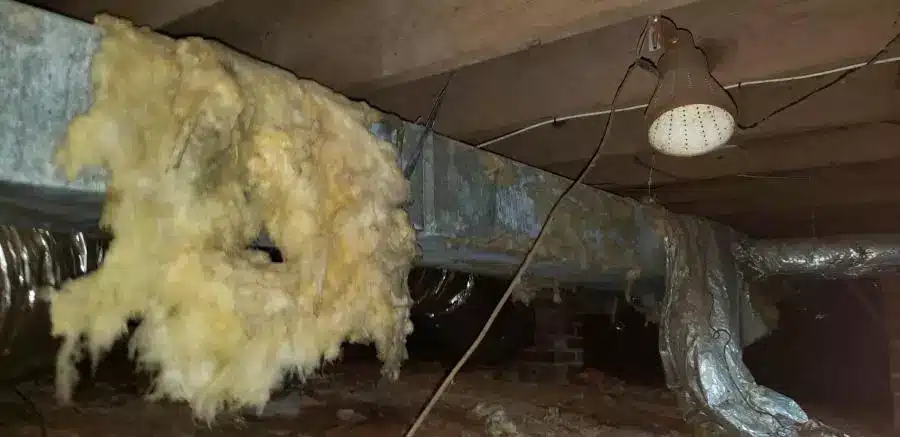
In the summer, this will “sweat” a lot on the outside, which can lead to water issues in the crawlspace.
Rooms farthest from the AC unit might feel warmer than other rooms because you have long runs of ductwork (or your ducts may be uninsulated). Air goes through your ducts, which are in unconditioned areas of your home (usually the attic), and they pick up heat along the way. You might consider upgrading to a more efficient duct system.
You Don’t Have Enough Return Vents
A lot of larger homes only have one return vent. That one vent simply can’t pull in enough warm air from the rooms that are farther away from it, so a lot of cool and warm air ends up mixing together. The result? A room that’s too hot or too cold. Want a room that’s just right? Try leaving doors to more rooms open or consider adding more return ducts.
How You’re Using the Room Can Impact the Temperature
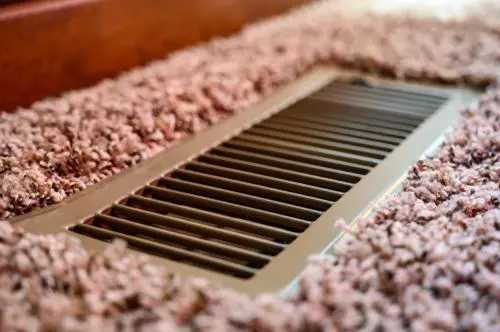
Is the room that worries you your home office? That could be because you have more electronics in that room than any other room. Electronics produce heat, which can make your home office feel a bit toasty. Changing the airflow to that room using dampers might be a good option for you to keep that room cooler!
You Made Renovations or Additions to Your Home
If walls were added or removed in your home, it can throw off the balance of airflow. If the problem is minor, we can adjust your dampers to correct the change. If the problem is a bit more major, you might need more ducts or even a second AC unit. This can help redirect cool air to the room that’s hotter. The same thing applies if you have one room that’s colder– this can ensure the heat spreads evenly through your house.
You Don’t Have to Be Uncomfortable
If you find yourself asking, “Why is my room hotter/colder than the rest of the house?” you’re not alone! We’re no strangers to imbalanced airflow. If you’re tired of one of your rooms being uncomfortable to stay in, give us a call! Our technicians are trained professionals who can properly assess your home’s heating and air system to give you the best solutions possible so your family can be comfortable in any room of the house.
